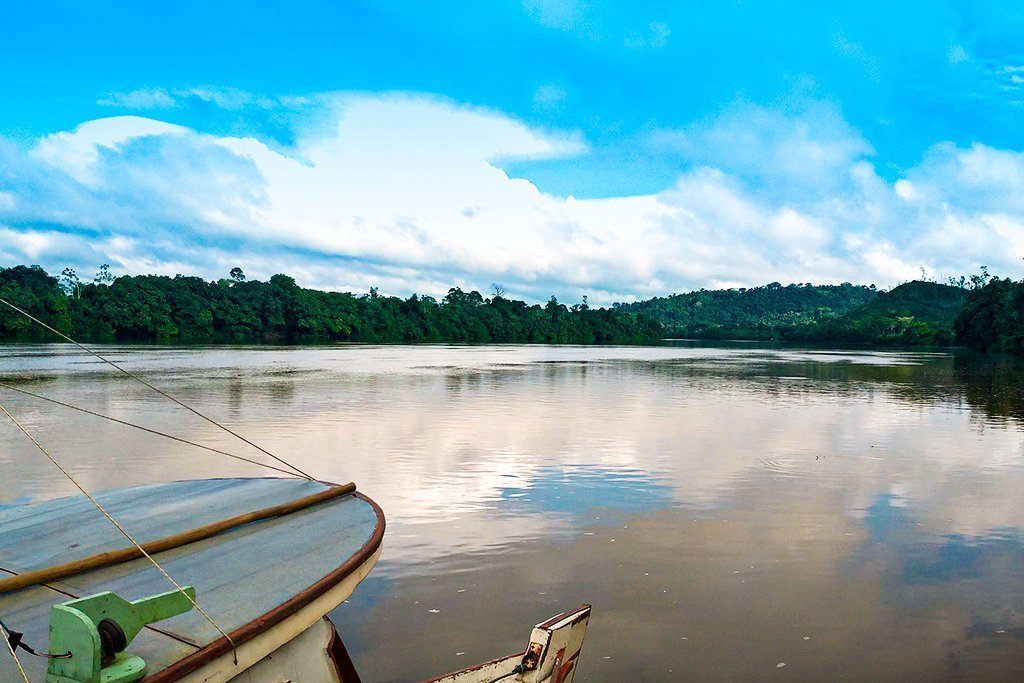Carbon credit market expected to increase 15 times by 2030
In July, Ambipar completed one year of its IPO. During this period, the company has made 17 acquisitions involving R$1.4 billion to increase its service portfolio, expand, and strengthen its geographic presence.
One of these acquisitions was Biofílica, a company with some 30 employees, founded in 2008 and specializing in Nature-Based Solutions (NBS) carbon projects and programs.
Backed up by the group, and as a result having more available resources, the company expects, in the medium term, to become the largest NBS company in the world.
What is NBS?
The acronym stands for nature-based solutions, that is, using solutions based on nature – such as its sustainable handling and use – to address all challenges of today’s life, such as offsetting carbon emissions.
Plínio Ribeiro, CEO of Biofílica, says that today the company has more than 3.5 million acres in NBS projects. This greatness was possible after years of hard work, many challenges and achievements.
Ribeiro has been working with forest management since 2006. It all started when, while the Amazon, for a project by the Ecological Research Institute (IPÊ), he put together a business plan for a company that owned land in the forest area.
“This type of area has a cost center, but shows no results”, he says. So, the idea of the project was to make the area financially viable while considering its preservation.
“It is expensive to maintain [the forest]; there are a lot of risks, such as invasion, land grabbing, and we asked ourselves how to make this conservation profitable.” “One of the things that caught my attention was the certified wood management and carbon services. That’s where Biofílica came about”.
Today, the company offers customers, among other services, Blue Carbon, an approach that generates carbon credits through the conservation and restoration of coastal and marine ecosystems.
Recently, the company has also added to its portfolio two more solutions that meet the demand for offsetting emissions through carbon credits:
- Agricultural Land Management (ALM), an approach in which rural producers adopt innovative technologies and improved management practices that enhance the quality and storage of carbon in the soil, intensifying agricultural production while generating carbon credits;|
- Afforestation/Reforestation (AR), an approach based on storing carbon in biomass by planting new trees in areas where there was no forest (afforestation) and in areas where there was deforestation (reforestation), restoring the natural ecosystem.

For two years now, Ribeiro has seen exponential growth in the carbon credit market, with many companies pursuing the Net Zero goal. The expansion of the segment should continue in the coming years. The entrepreneur offers some data:
- 200 million tons of CO2 to be offset in 2021 on a global level;
- 130 million tons of CO2 have moved the industry last year;
- 15-fold increase in the carbon credit market by 2030;
- 13 billion tons (a 100-fold increase) by 2050.
However, when companies reach their emission reduction targets, the offset market will still exist, but it will most likely subside. “Restoration, forestry development will be a big industry in the coming decades, for offsetting purposes”, says Ribeiro.





